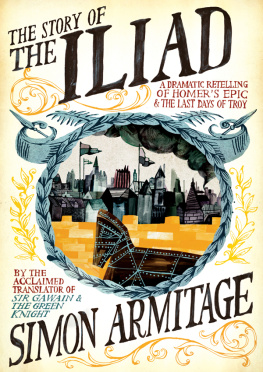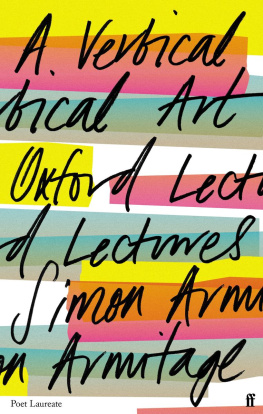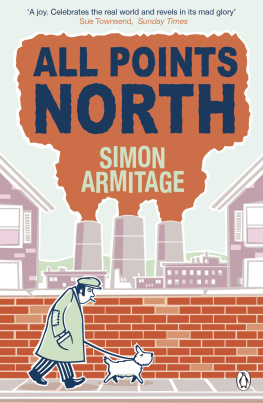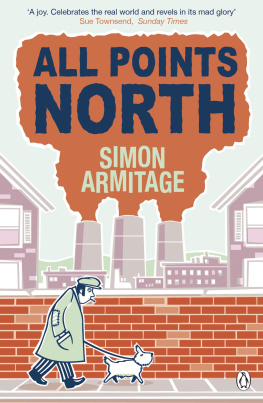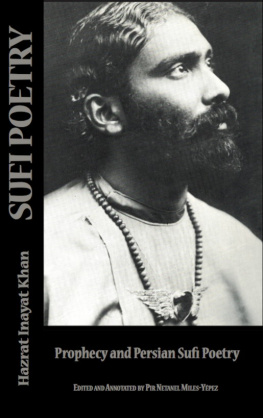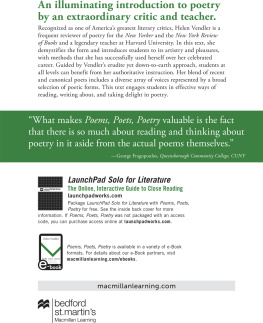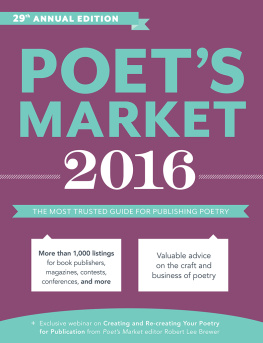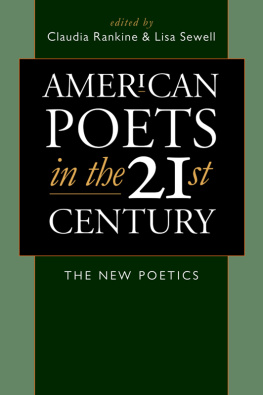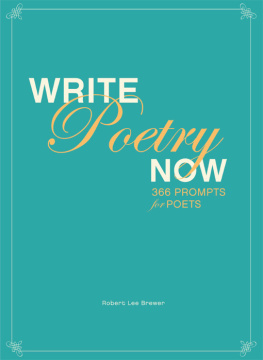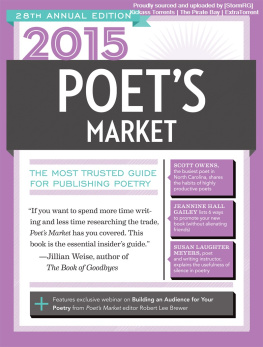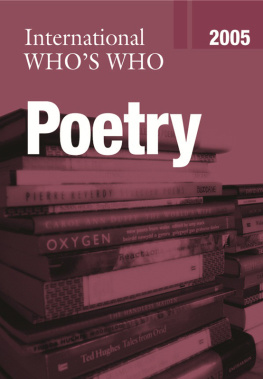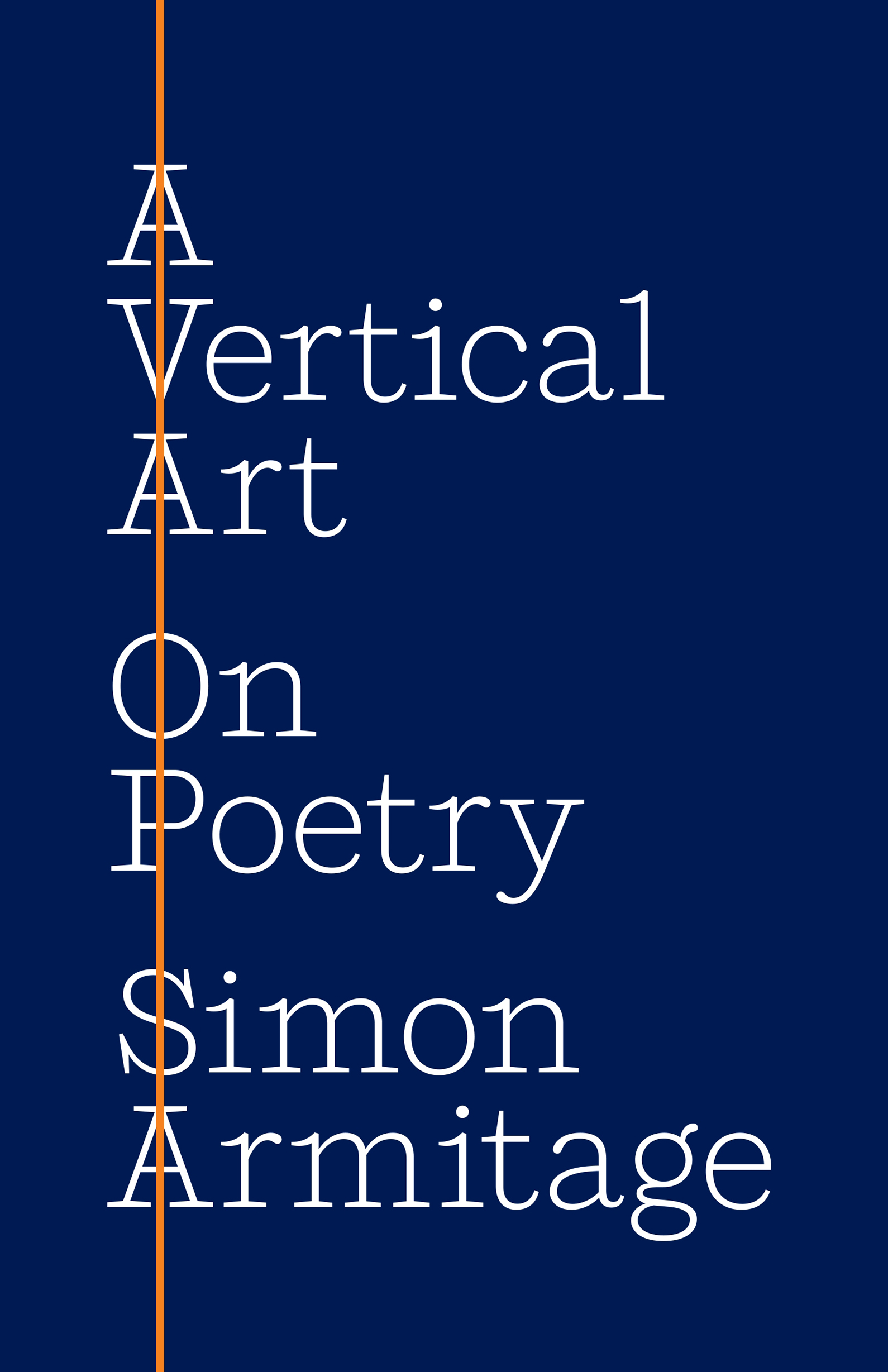A VERTICAL ART
by the same author
poetry
ZOOM!
XANADU
KID
BOOK OF MATCHES
THE DEAD SEA POEMS
MOON COUNTRY (with Glyn Maxwell)
CLOUDCUCKOOLAND
KILLING TIME
SELECTED POEMS
TRAVELLING SONGS
THE UNIVERSAL HOME DOCTOR
TYRANNOSAURUS REX VERSUS THE CORDUROY KID
OUT OF THE BLUE
SEEING STARS
PAPER AEROPLANE (Selected Poems 19892014)
STILL
THE UNACCOMPANIED
SANDETTIE LIGHT VESSEL AUTOMATIC
MAGNETIC FIELD
drama
ECLIPSE
MISTER HERACLES (after Euripides)
JERUSALEM
HOMERS ODYSSEY
THE LAST DAYS OF TROY
THE ODYSSEY: MISSING PRESUMED DEAD
prose
ALL POINTS NORTH
LITTLE GREEN MAN
THE WHITE STUFF
GIG
WALKING HOME
WALKING AWAY
translation
SIR GAWAIN AND THE GREEN KNIGHT
THE DEATH OF KING ARTHUR
PEARL
SIMON ARMITAGE

A VERTICAL ART
ON POETRY
PRINCETON UNIVERSITY PRESS
PRINCETON AND OXFORD
Copyright 2021, 2022 by Simon Armitage
Published in the United States and Canada in 2022 by
Princeton University Press
41 William Street, Princeton, New Jersey 08540
press.princeton.edu
First published in Great Britain in 2021 by
Faber & Faber Ltd
Bloomsbury House
7477 Great Russell Street
London WC1B 3DA
All rights reserved
Princeton University Press is committed to the protection of copyright and the intellectual property our authors entrust to us. Copyright promotes the progress and integrity of knowledge. Thank you for supporting free speech and the global exchange of ideas by purchasing an authorized edition of this book. If you wish to reproduce or distribute any part of it in any form, please obtain permission.
Requests for permission to reproduce material from this work should be sent to
The right of Simon Armitage to be identified as author of this work has been asserted.
ISBN 978-0-691-23310-9
ISBN (e-book) 978-0-691-23914-9
Library of Congress Control Number 2021949814
Version 1.0
Cover design by Chris Ferrante
Contents
- vii
- 1
- 27
- 53
- 85
- 113
- 139
- 167
- 195
- 219
- 247
- 277
- 303
- 337
- 359
Introduction
Aside from one or two ritualistic engagements here and there, the main duty of the Oxford Professor of Poetry is to deliver three lectures per year over a four-year period. There is no prescribed subject matter other than that implied by the job title and no insistence on any particular approach, though the odd whispered comment did caution me that to talk about my own work would be considered vulgar. Although I give readings about once a week and am no stranger to public speaking, at the time of my appointment I had very little experience of lecturing, and one of my objectives in standing for the post (it is an elected position) was to try my hand at a different form of expression. If the circumstances required me to present a thoughtfully written document, the audience in the room had every right to expect something more than a person reading out loud for an hour. To that end, I discovered very quickly that a lecture is part essay and part performance, and that is the spirit in which I offer these chapters. In transferring them to the page I hope they have retained their sense of occasion and their tone of voice.
There were two other motivations in putting myself on the podium: to enforce a break from writing my own poetry I was looking for a change in style and thought that a self-imposed cease-and-desist order might help and to test out some of the remarks about poetry Id been making fairly casually for the best part of thirty years. Despite the demands of the research and season after season of near-continuous reading, drafting and redrafting, my attempted abstinence must be considered a failure; if anything, I wrote more poetry than ever in that period, an outcome for which I have no credible explanation. And although I fully interrogated them, neither did I make any drastic revisions to my original attitudes. In fact, if anything, my poetic sensibilities hardened, though in an entirely positive way, through finding more reasons to celebrate the poetry I admire, and by being given the opportunity to share passions and enthusiasms with those who had come to listen. One further motivation in taking on the role was to learn. Having never formally studied poetry beyond my schooldays and being somewhat homemade as a writer, I occasionally thought of my time at Oxford as the education in English Literature I missed out on. On that front, it did not disappoint. Im no wiser than I was before; as we know, all forms of study only lead to more unanswered and unanswerable questions. But through the close reading of texts and in having the time and legitimacy to explore the connections between carefully chosen words, my appreciation of poets and poetry greatly intensified, and the wonder has deepened.
I wanted to speak personally in the lectures. When I talk about poetry, opinion will always win out over judgement, and Im happy to let enthusiasm and preference be my guide. Poetry is a subject well suited to subjectivity. I also wanted to broaden the appeal of the lecture series; despite being held in the extremely formal and somewhat intimidating surroundings of the Examination Schools, members of the general public are welcome at the events. As, of course, are the Universitys undergraduates, though I was warned that their attendance couldnt be guaranteed, especially when lectures are conducted at the level of one professor addressing other professors. I projected slides to illustrate the presentations hardly a technological innovation, but something I dont think had been utilised much before and all the lectures were eventually made available as downloadable podcasts.
Beyond that, there was no grand plan or even a reasoned chronology. I used the platform as a way of talking about some of my favourite poems, and I used those poems as a way of discussing issues relating to the art form and methodologies essential to its practice. The very definition of poetry was a central theme, something I wanted to explore by thinking about readership and audience, which led me, on several occasions, into considerations about the wobbly tightrope that poetry must walk between obscurity on the one hand and obviousness on the other. My position here is that facile or simplistic poetry does not qualify as poetry at all, yet poetry that is so opaque as to be incomprehensible is not only a crime against the dictionary but an insult to evolution in general. Language, I continue to believe, is the greatest human invention of all time and humanitys most powerful tool, and poetry is the ultimate expression of its potential.
Beyond these brief comments, which I hope give the lectures some useful context, I would prefer to let what follows speak for itself. Though I will add that in writing and talking about poetry, my ambition is always to promote its qualities and broadcast its values. Still a vital and, at the time of writing, even fashionable art (yet one that cannot ever be truly popular), the origins of poetry take us back to the start, to before the novel, before the play and even before the song, to the very beginnings of utterance. Only by keeping some of its fundamental principles and techniques alive those things that separate it from other forms of writing will we experience the origins of articulated consciousness, or be best equipped to pronounce on our existence.


